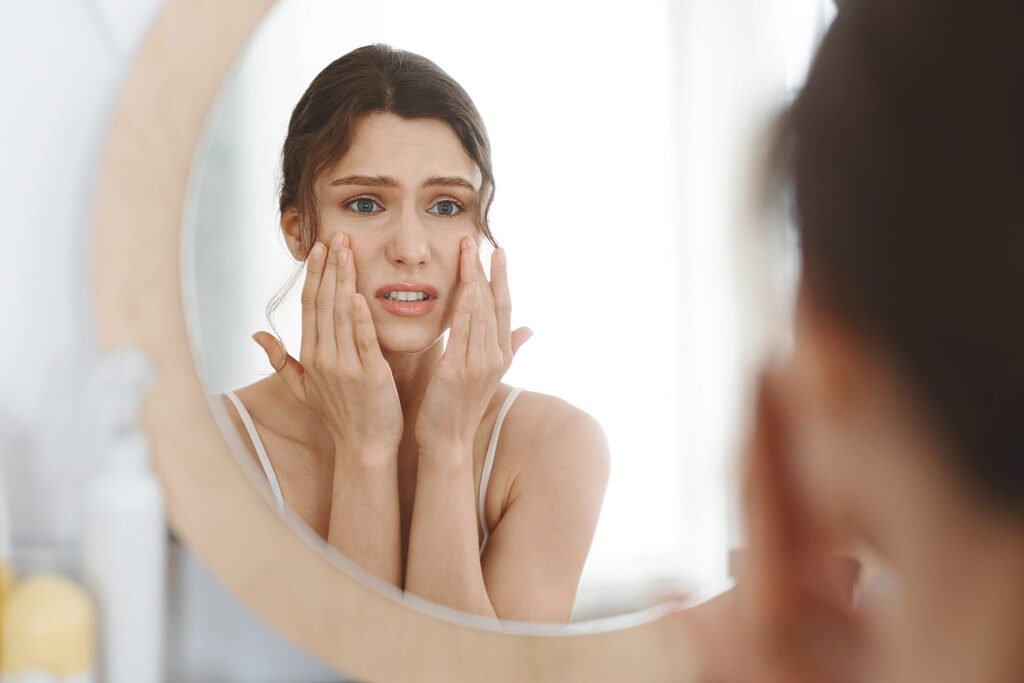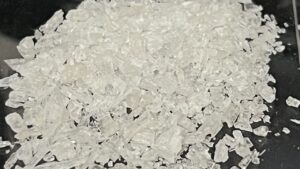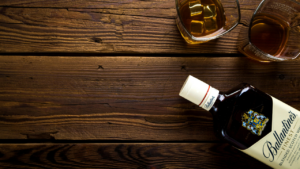Alcohol consumption is a common part of socializing and relaxation for many individuals. However, excessive and prolonged alcohol intake can have detrimental effects on various aspects of health, including hair loss. In this blog, we delve into the relationship between alcohol and hair loss, exploring the causes, effects, and potential solutions to address this concerning issue.
Understanding Alcohol-Related Hair Loss
Excessive alcohol consumption can contribute to hair loss through multiple mechanisms. Alcohol disrupts the absorption and utilization of essential nutrients vital for healthy hair growth, such as vitamins, minerals, and proteins. Moreover, alcohol-induced dehydration, oxidative stress, hormonal imbalances, and compromised liver function can all contribute to hair follicle damage and subsequent hair loss.
Nutritional Deficiencies and Hair Loss
Alcohol interferes with the body’s ability to absorb and utilize vital nutrients, leading to nutritional deficiencies. Inadequate levels of nutrients, such as vitamin B complex, vitamin C, zinc, iron, and proteins, can compromise the health and growth of hair follicles. Nutritional deficiencies weaken hair strands, increase hair fragility, and ultimately contribute to hair loss.
Dehydration and Scalp Health
Alcohol acts as a diuretic, dehydrating the body and impacting overall hydration levels, including the scalp. Dehydration leads to a dry scalp, diminishing its natural moisture and impairing the health of hair follicles. A dehydrated scalp becomes more susceptible to inflammation, itchiness, and dandruff, all of which can contribute to hair loss.
Hormonal Imbalances and Hair Loss
Chronic alcohol consumption disrupts hormonal balance within the body. Alcohol affects the normal functioning of hormones such as estrogen, testosterone, and thyroid hormones, which are crucial for hair growth and maintenance. Hormonal imbalances, particularly increased levels of estrogen and decreased levels of testosterone, can contribute to hair thinning and hair loss.
Liver Health and Hair Loss
Excessive alcohol consumption places a significant burden on the liver, leading to conditions such as alcoholic liver disease. A compromised liver is less effective at detoxification and metabolizing hormones, which can result in elevated levels of dihydrotestosterone (DHT), a hormone linked to hair loss. Additionally, liver damage can hinder nutrient absorption, further exacerbating hair loss.
Seeking Solutions and Recovery
The first step in addressing alcohol-related hair loss is seeking professional help to overcome alcohol addiction. Substance abuse treatment programs, counseling, and support groups can assist individuals in their recovery journey. Additionally, adopting a balanced and nutritious diet rich in essential vitamins, minerals, and proteins can support hair health. Scalp care routines, hydrating hair products, and stress-management techniques can also aid in restoring hair vitality.
Patience and Hair Regrowth
Reversing alcohol-related hair loss requires patience and persistence. As individuals abstain from alcohol and adopt healthier lifestyles, they may experience gradual improvement in hair health. Hair regrowth typically takes time, and it is essential to focus on overall well-being while providing the body with the necessary nutrients and care to support the regenerative process. Understanding the connection between alcohol and hair loss sheds light on the importance of moderation and responsible alcohol consumption. By addressing alcohol addiction, adopting a nutrient-rich diet, maintaining scalp health, and seeking professional support, individuals can take proactive steps to mitigate alcohol-related hair loss and work towards restoring healthy hair growth.












